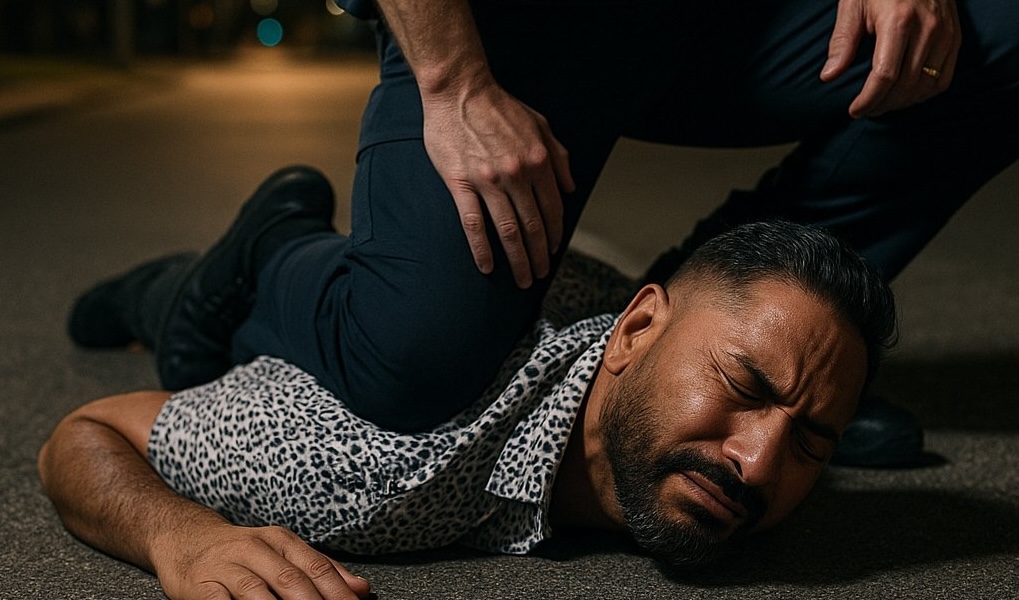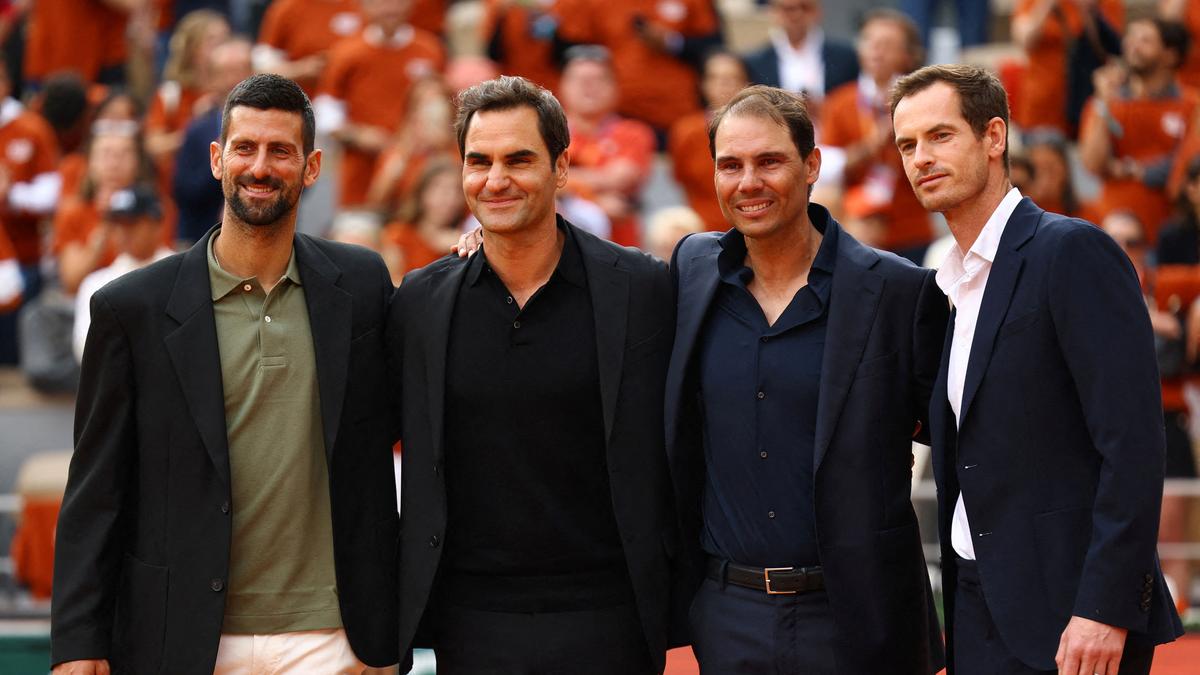
- World
- US
- UK
- South Asia
- Russia
- China
- Africa
- Europe
- Middle East
- Rest of the World
- Politics
- Opinions and Analysis
- Columns
- Editorials
- Publications
- Reports
- E-magazines
- Activities
- Home
- India
- Fact Check
- World
- Politics
- Options and Analysis
- Publications
- Activities
- Others

About Us
We offer unbiased, factual insights for a comprehensive understanding of Regional, International and Socio-political matters
contact@southasiandigest.com
Company
- About Us
- Our Team
- Privacy Policy
Trending Post

Indian-Origin Man in Coma After Australian Officer Allegedly...
June 3, 10:44AM

Cristiano Ronaldo Signals End of Al-Nassr Chapter Amid Trans...
May 27, 8:28AM

Rafael Nadal Receives Emotional Farewell at Roland Garros on...
May 27, 8:20AM